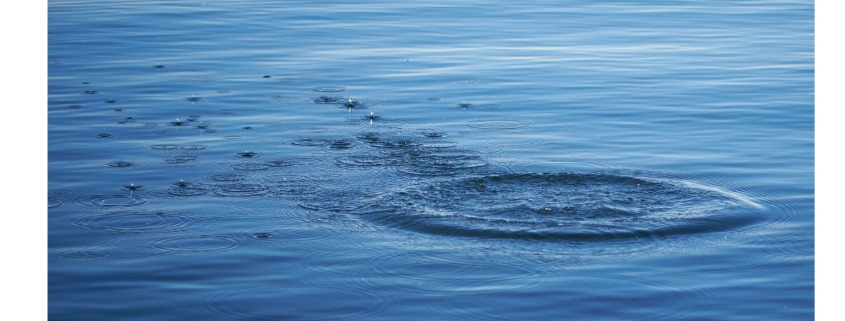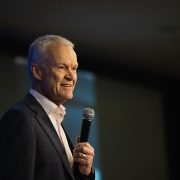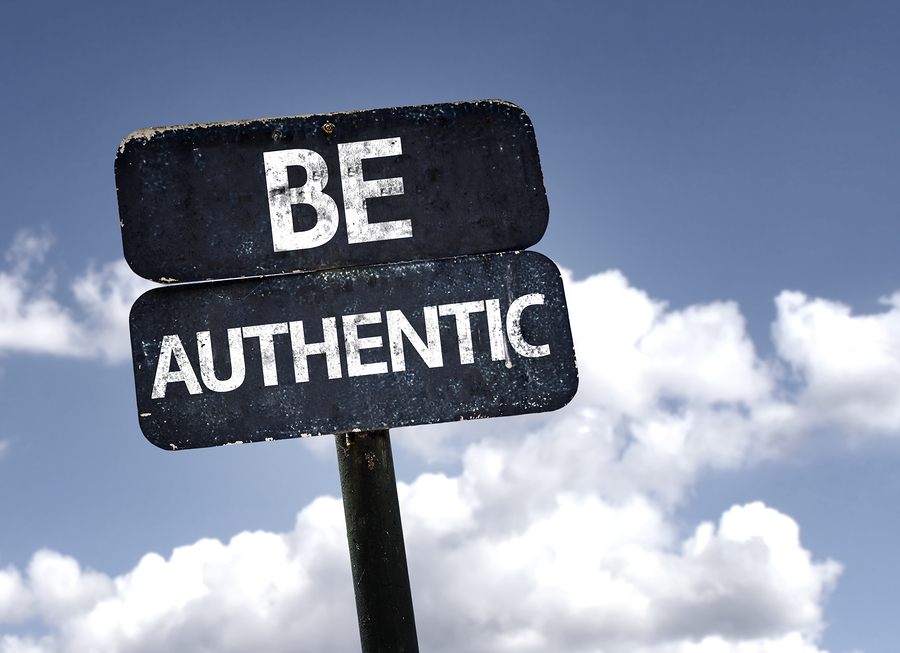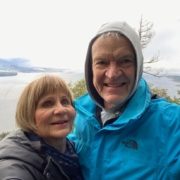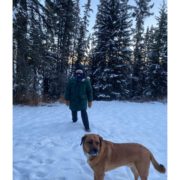Leading Beyond the Great Disruption
Nelson Mandela had many teachers in his life, but the greatest of them all was prison. In the words of his biographer, Richard Stengel, “Prison taught him self-control, discipline, and focus, and it taught him how to be a full human being – the things he considered essential to leadership.” In other words, it was the solitude, degradation, devastation, and inhumanity of his time in confinement that made him into the leader we admire. It was his journey away from the world and into his soul that allowed him to lead in the world.
The pandemic turned our world upside down in a short span of time, and its impact is wider spread than we might acknowledge. Offices, communities, and families have been divided. People have been hurt. We’ve all experienced loss. Our mental health has been affected. The residue of the collective trauma we experienced lingers. The enormous health, economic, and humanitarian challenges of the past two-and-a-half years have led to a great disruption that challenges leaders to reinvent their organizations with an orientation toward renewed and sustainable growth, resilience, and purpose.
May Nelson Mandela’s courageous long walk to freedom be an inspiration to us all to make this great disruption our greatest teacher.
We can start this holiday season by pausing, getting our bearings, resetting our personal and collective compasses, and opening our hearts. It’s a time for healing, caring, and forgiving as we move forward together.
Here are three ways we can be part of creating a new world:
- Clarify a vision. Mandela’s dedication to the African people and the ideal of a free and democratic society where all people would live in harmony kept hope alive for the South African people. It also kept Mandela’s own hope alive during his years of unjust confinement. Hope is not a guarantee of a desired outcome, but a deep and sustaining confidence that our contribution will make a difference – regardless of the outcome. What is your personal vision that inspires hope?
- Open your hearts. Divisiveness, exclusion, and dissention have been a part of the places where we live and work the past two+ years. Vaccine mandates, corporate policies, religious views, and political opinions have divided families and workplaces like nothing I have experienced in my lifetime. Ask yourself who in your world needs to be listened to, heard, and truly understood. Where might apologies be needed? It’s not agreement but respect, understanding, and compassion that is required. It’s naïve to think that we can just return to work and personal relationships, and everything will be back to normal. Healing from the impact of the pandemic will take time, patience, and much caring from everyone.
- Let go of bitterness. “As I walked out the door toward the gate that would lead to my freedom,” said Nelson Mandela, “I knew that if I didn’t leave my bitterness and hatred behind, I’d still be in prison.” Forgiveness is not some bleeding-heart, Sunday school platitude. Forgiveness is having the courage to honestly face the emotions that come from being unjustly injured and then letting go of the right to be resentful. It takes maturity to be able to bear an injustice without wanting to get even. Forgiveness does not abdicate the importance of justice; rather it removes revenge from the justice process. Forgiveness transforms vengeance into freedom. In the words of Archbishop Desmond Tutu, “Without forgiveness, there is no future.”
To quote Lady Gaga: “The really fantastic thing about kindness is that it’s free. And it can’t hurt you or anybody else. It is the thing that brings us all together. In times of chaos and crisis we start pointing fingers at where we think the bad guys are, where the evil is. We all start arguing. Everybody has different opinions… The solution is that we need to build a stronger, braver world. We need to get rid of the labels, the different factions… none of this can matter anymore. We are unified in our humanity. And the only thing we all know, the one thing we all appreciate in one another, is kindness. This must come before all things. And you must operate relentlessly this way. With everything you have.”

